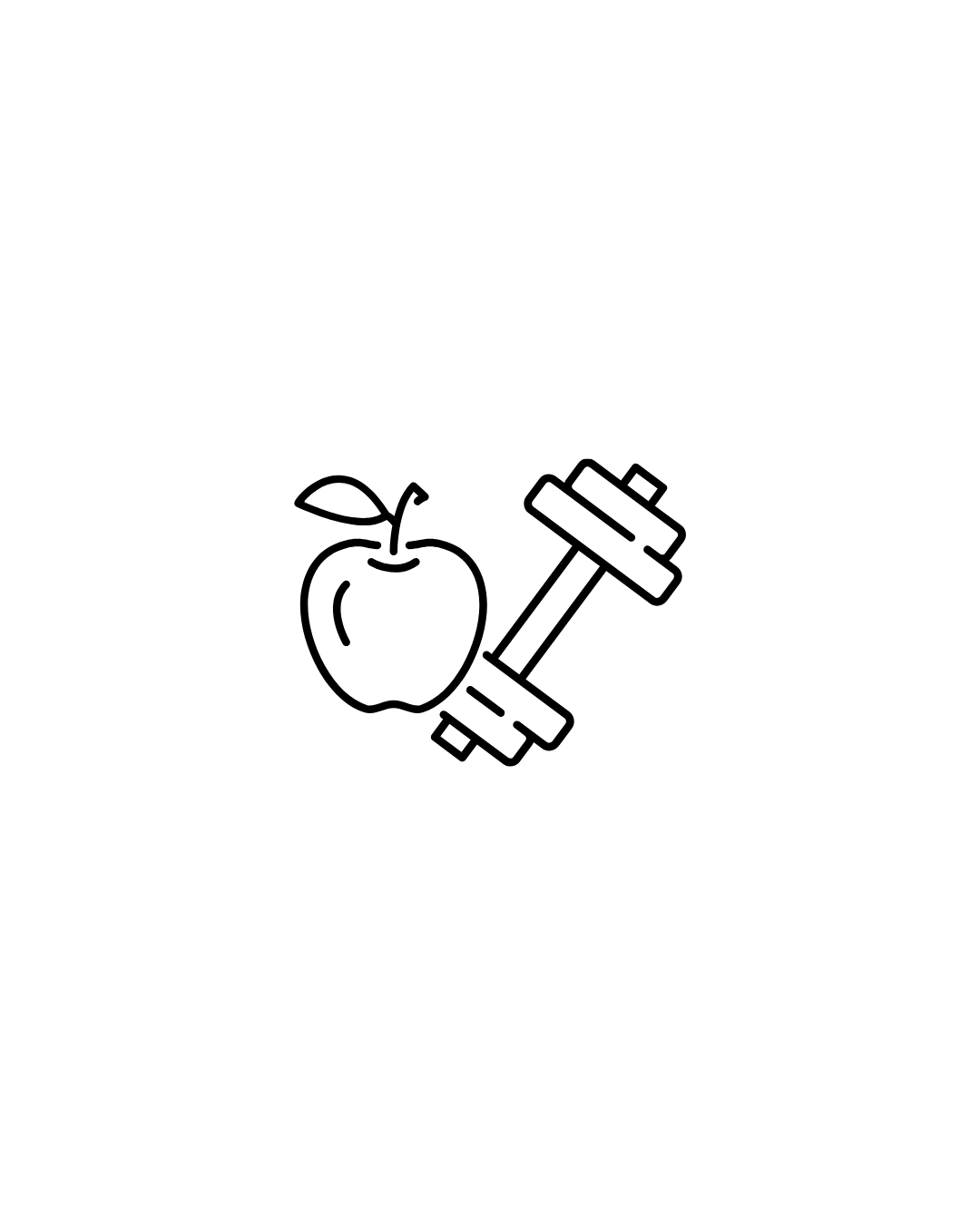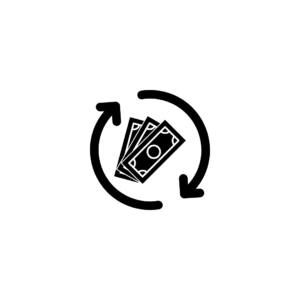Description
The Diploma in Vocational Education (D.Voc) in Sports Nutrition and Physiotherapy is a specialized program designed to equip students with the knowledge and practical skills needed to support athletic performance through optimal nutrition and physiotherapy. This program combines the principles of nutrition tailored for athletes with essential physiotherapy techniques to enhance recovery and physical performance.
Course Details:
Duration: Typically 1 to 2 years, depending on the institution.
Eligibility: Candidates usually need to have completed secondary education (10th or 12th grade) or equivalent, preferably with a background in science.
Mode of Study: Offered as a full-time or part-time program, incorporating theoretical lectures, practical sessions, and fieldwork.
Curriculum:
The curriculum generally includes the following key areas:
1. Foundations of Sports Nutrition
Basic Nutritional Science:
Understanding macronutrients (carbohydrates, proteins, fats) and micronutrients (vitamins, minerals) essential for athletes.
Nutritional Needs of Athletes:
Specific dietary requirements based on activity levels, body composition, and training phases (e.g., pre-game, post-game).
2. Sports Physiology
Exercise Physiology:
Overview of how exercise affects the body, including cardiovascular, muscular, and metabolic responses to physical activity.
Energy Systems:
Understanding how different energy systems are utilized during various athletic activities.
3. Advanced Sports Nutrition
Supplementation:
Analyzing the role of dietary supplements (e.g., protein powders, creatine) in sports performance.
Meal Planning for Athletes:
Techniques for creating personalized nutrition plans for athletes based on their specific goals and training regimens.
4. Physiotherapy Principles
Biomechanics:
Study of movement mechanics and its application in sports and rehabilitation.
Injury Prevention and Management:
Techniques for preventing common sports injuries and rehabilitative strategies for recovery.
Therapeutic Modalities:
Use of modalities such as heat, cold, ultrasound, and electrical stimulation in physiotherapy.
5. Rehabilitative Techniques
Assessment and Evaluation:
Techniques for assessing athletic injuries and determining the appropriate rehabilitation protocols.
Functional Training:
Methods for improving strength, flexibility, and overall physical performance through rehabilitative exercises.
6. Practical Training
Clinical Internships:
Hands-on training in sports clinics, fitness centers, or rehabilitation facilities to gain practical experience in both nutrition counseling and physiotherapy.
Workshops and Simulations:
Practical sessions focusing on meal preparation for athletes, counseling techniques, and hands-on physiotherapy practices.
Assessment:
Assessments typically include:
Practical examinations to evaluate skills in sports nutrition and physiotherapy.
Written tests assessing theoretical knowledge.
Project work or case studies that involve applying principles learned during the course.
Career Opportunities:
Graduates of the D.Voc in Sports Nutrition and Physiotherapy can pursue a variety of career paths, including:
Sports Nutritionist/Dietitian: Providing nutrition advice tailored to athletes and fitness enthusiasts.
Sports Physiotherapist: Working with athletes to prevent, assess, and rehabilitate injuries.
Fitness Trainer: Combining knowledge of nutrition and physiotherapy to design effective training programs.
Athletic Trainer: Supporting athletes in managing injuries and enhancing performance through appropriate rehabilitation strategies.
Sports Wellness Coach: Guiding individuals and teams in achieving overall health and performance goals through integrated nutrition and physical training.
Rehabilitation Specialist: Collaborating with healthcare professionals to provide comprehensive care for injured athletes.
This diploma program is vital for those looking to carve a career in the growing fields of sports nutrition and physiotherapy, merging nutritional science with physical therapy to optimize athletic performance and recovery. If you have more specific questions or need further information, feel free to ask!









